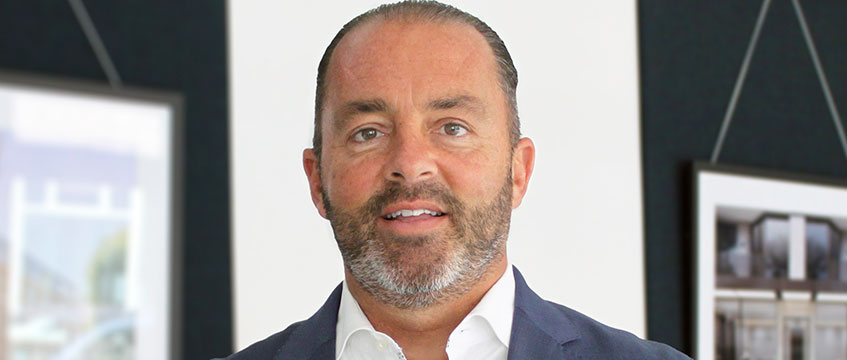COMMENT Close your eyes and – bear with me on this one – picture a BREEAM Excellent office building. Now, imagine that building also features the highest WiredScore and WELL certifications. Finally, assume that the building has a café and a gym, event venues, a yoga studio and external green spaces.
Your mind’s eye, probably, spies a glossy tower in the heart of London. Yet the description given above is what we expect will define the Clarendon Works, a new grade-A workspace in Watford.
The problem – and we believe the opportunity – is that too often you would be absolutely right to associate such things with central London. The kind of space the Clarendon Works will offer is sorely lacking outside the capital, even in locations like Watford, which is a mere 15 minutes from Euston by train.
Development headwinds
Cushman & Wakefield data, first published by EG, suggests that new office supply across many of the UK’s major regional cities will be constrained amid rising build costs, inflation and the cost of debt. These challenges apply equally to the refurbishment of existing buildings.
And yet at Regal London we have made the decision to plough ahead with our first stand-alone office development – and without a prelet. As a residential-led mixed-use developer, some might wonder why, and why now?
It is first of all because we believe there is a compelling investment case for these best-in-class offices outside London. According to data in November from Lambert Smith Hampton, which alongside Bray Fox Smith are our agents on the Clarendon Works, grade-A space accounted for 43% of 2022 take-up – compared with 39% for the 10-year annual average. Meanwhile, LSH data suggested that prime headline rents were forecast to increase by 7.2% in 2022, the strongest annual rate of growth for more than 20 years.
The argument, then, for spaces like the Clarendon Works is easy to make: it’s close to central London, offering workspace that is on a par with the best spaces in King’s Cross and at half the rent, so why wouldn’t you?
The other reason we are so passionate about this is the social impact it will have. That is both directly during the development phase – for example, we recently saw the sixth cohort of learners from our Regal London Real Estate Academy graduate – as well as throughout the life of the building.
Future-proofing our towns and cities
Having best-in-class offices across the UK is both socially and economically necessary. By 2030, commercial buildings that fall below an EPC B rating will be unlettable. We are currently facing a situation in which vast swathes of UK real estate will become obsolete, with major ramifications for social and regional competitiveness.
Occupiers will need to pay through the roof for limited supply, accept second best or up sticks and move to a better-supplied area. Meanwhile, employees will need to commute further, put up with underwhelming amenities, simply work from home more often or find a job with a more appealing environment.
So while, unquestionably, real estate needs to focus much more on the sustainable retrofitting of existing buildings, there also remains a clear need for the continued supply of new offices, providing highly sustainable central London-quality space outside central London. Without that supply, places such as Watford risk falling behind, rather than being “levelled up”.
While the S of ESG is often hard to quantify, developing quality and affordable workspace that enables local individuals and businesses to thrive is one way for real estate to make a tangible impact. What we have also seen with the Clarendon Works is that partners such as Watford Borough Council are deeply appreciative and cognisant of the role these developments play in the regeneration of our towns and cities.
For developers such as Regal London, we see spaces like the Clarendon Works as plugging a gap in the market, playing to long-term occupational trends and, as an integral part of our ESG strategy, improving economic opportunities in the communities we serve. And when you are doing the right thing, and making money from it, you know you are on to a winner.
Paul Eden is co-founder of Regal London











